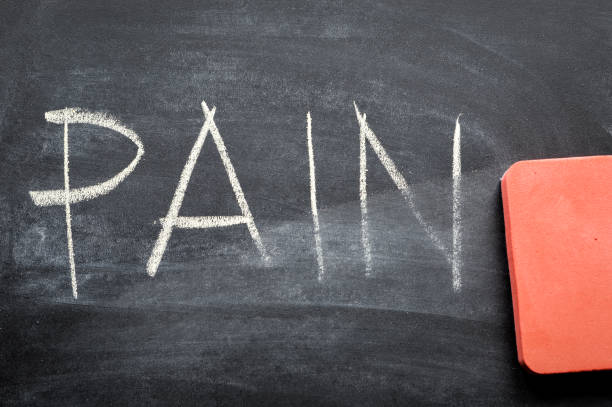
It's irritating when you experience pain that does not disappear. It can be damaging to your health and overall well-being. It can prevent your from having a restful night's sleeping, eating healthy and getting active. It can affect your mood and productivity and can keep you from spending time with your family and friends. It is like to live with chronic pain (long-term pain) in the event that you are one of the 100 million Americans who suffer from chronic pain.
Every year millions of prescriptions are written for Ketamine Infusion -- many of them powerful opioids that can cause addiction and other side negative effects. There are other options for pain relief other than opioids.
Opioids
Opioids are a powerful pain relief. Opioids are a great option if you are experiencing severe pain, such as pain after surgery or following the fracture. If you suffer from an illness that is serious, such as cancer, they can assist to manage pain. You should consult a doctor who is trained in pain management (e.g. an anesthesiologist physician) to determine which opioid or treatments are the best option for your situation.
Opioids can be powerful, but they are usually not the ideal method to combat chronic (chronic) pain, such as arthritis, lower back pain, or frequent headaches. You may become dependent if you take opioids to treat chronic pain over a prolonged period of time. Talk to your doctor prior to beginning using opioids to treat chronic pain. Here's why:
Opioids could have hazardous negative side effects as well as high risk
Your body will eventually become used to opioids, and could stop giving Pain Management Physician. For the same level of relief, you may have to increase the dosage. The higher doses could produce serious side effects such as:
Breathing difficulties and a slow heartbeat can result in serious health problems.
Confusion and mental disturbances, such as moodiness, or outbursts of temper
Constipation
Opioids are extremely addictive
One out of four users who take long-term use are addicted. Worst, data shows that opioid painkillers overdoses can lead to 115 deaths per day in the US, with hundreds more going to emergency rooms.
Some options for pain relief may be more effective and less risky than opioids.
These treatments may be an option before you consider opioids. Speak to your doctor.
Over-the-counter medicines:
Acetaminophen (Tylenol generic and Tylenol)
Ibuprofen (Advil and Motrin IB, as well as other generic)
Naproxen (Aleve and generic)
Non-drug treatments:
Massage, exercise, or physical therapy
Counseling
Acupuncture
Cryotherapy is also referred to as "cold" therapy.
Interventional therapies
Steroid injections
Radiofrequency ablation (using heat to target certain nerves)
Neuromodulation (nerve stimulation)
You could also receive other prescriptions (ask for any side consequences and potential risks)
Anti-seizure drugs
The procedures are covered by a majority of insurance companies, Medicare and other government programs. However, you should confirm with your insurance company.
What should you do when your physician prescribes painkillers?
Talk to your doctor regarding any side effects, risks, or addiction. Be aware of strange mood swings, outbursts, extreme anger, cravings and unusual risk-taking. Follow the prescriptions given by your physician and make sure that you dispose of your opioids carefully:
It is important to take only the prescribed opioids only as prescribed by your physician. Never share your prescriptions with anyone.
Place your medication in a secure place where children or others cannot access the medication.
Dispose of your expired, unneeded or unneeded medications in a safe manner. This can be accomplished by using your local "take-back" or "mail-back" programs in addition to drop boxes for medications.
